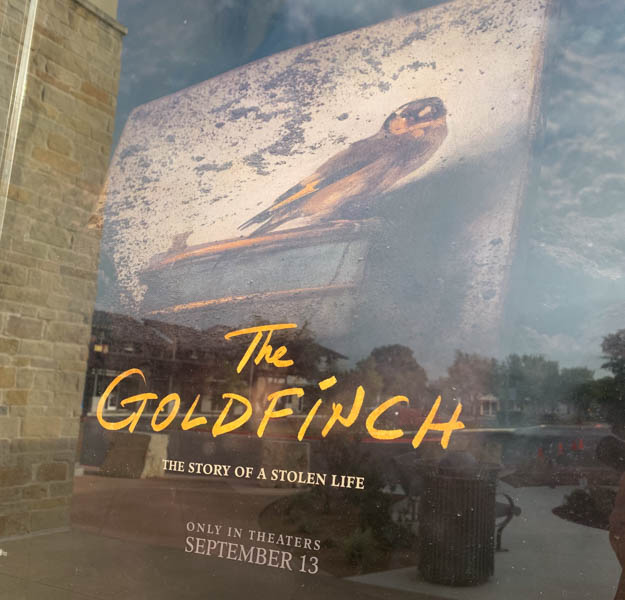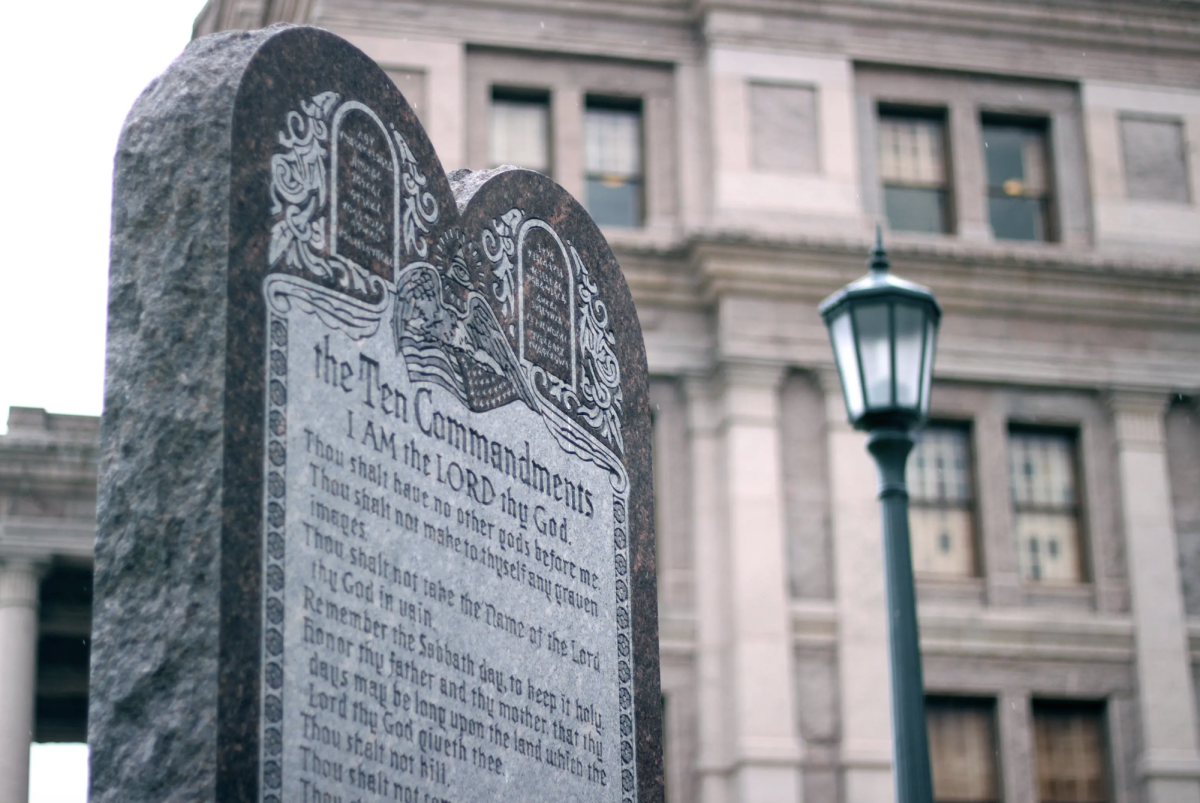Movie Review: The Goldfinch
Released on September 13, the Goldfinch is currently playing in theaters.
September 19, 2019
“The Goldfinch” is the film adaptation of Donna Tartt’s Pulitzer Prize-winning book of the same name. Starring Ansel Elgort as Theodore Decker, with Oakes Fegley playing his younger self, “The Goldfinch” also features Finn Wolfhard as a young Boris and Nicole Kidman as Mrs. Barbour. The drama was released on Sept. 13, 2019.
The film opens on a tormented Theodore Decker, alone in a hotel room, before moving back to the beginning: the bombing of the Metropolitan Museum of Art that resulted in his mother’s death when Theo was young. It follows Theo’s journey through life without his mother and the comfort and fascination he finds in Carel Fabritius’s 1654 painting.
The main positive of the two and a half-hour film is the cinematography. The construction of the flat, suburban shots of Las Vegas, the gentle warmth of Hobart & Blackwell and the darkness and dust of the bombing bring back at least a portion of the atmospheric quality of the book. There was also a good amount of tension at times, and lines and scenes were thoroughly faithful to the book.
However, aside from that, it is evident that adopting a 700-plus page, character-driven book for the big screen is not an easy, or perhaps even a possible, feat. The pacing very evidently suffered. The film seems way to long and lags in all the wrong places, yet none of the characters have the depth required to create any kind of connection with the audience. In the novel, the reader experiences hundreds of pages of Theo’s inner monologue and learns about his relationships, thoughts and obsessive, constant paranoia surrounding the stolen painting. In the movie, it is hard to understand the depth of his and Boris’s relationship, the complexities of his feelings toward Pippa, the comfort and solace he finds in Hobie and his workshop.
Most importantly, the audience barely gets a chance to meet Theo’s mother, and the sadness and loss caused by her death is minimized. Her death matters only to the extent of any child losing his mother; there is no reason for us to care about Theo’s mother specifically. The length and development needed for a story of this magnitude probably means “The Goldfinch” should have been saved and adapted as a television series instead.
In addition to the lack of development, another odd choice was the fragmented timeline. The novel proceeds chronologically, starting with the bombing and ending with the hotel. The film decides to start at the end and flashbacks twice, creating two larger halves of the story with an interlude of adult Theo in between. This fragmented storyline creates a confusing narrative that is hard to understand without reading the book. Also, with the true beginning of the story placed at the very end of the film, the stakes and emotion are sometimes hard to understand.
Additionally, a few minor things were not translated well. Finn Wolfhard, though he looks the part, does not have proper mastery of a Russian accent, and his delivery was comical at times. Luke Kleintank as Platt Barbour, a character born and raised in New York City, sounded distinctly southern throughout the movie. Also, the drug and alcohol addiction, a prominent storyline in the book, was not well represented, seeming more like throwaway scenes than meaningful additions to the plot. This was probably because of the young age of the actors.
“The Goldfinch” is ideal for viewers who want to sit through around 180 minutes of pretty visuals, and earns 1/5 stars For those seeking meaningful, profound entertainment? Read the book.








